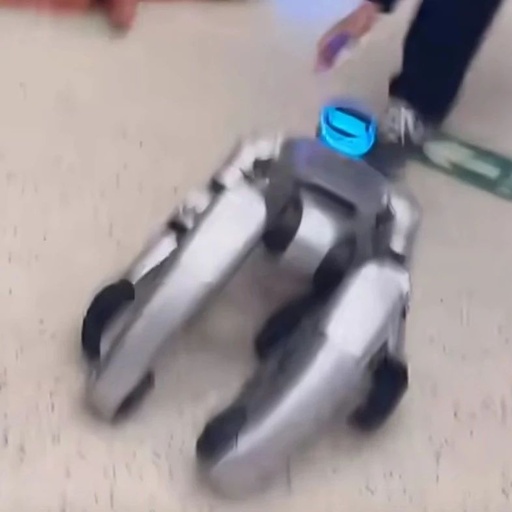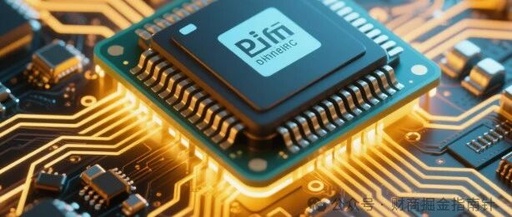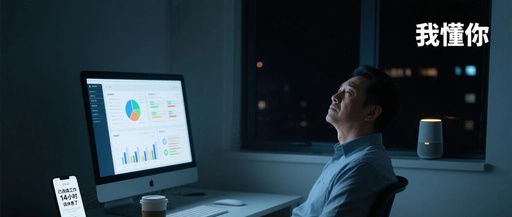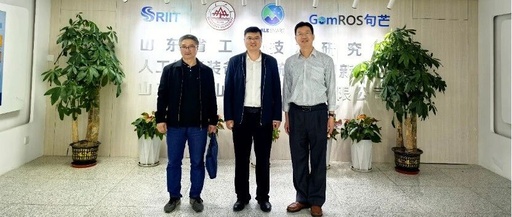Robot Malfunctions at Marathon, Founder of Yushu Responds
The humanoid robot from Yushu Technology fell during a marathon, leading to widespread public scrutiny of this star startup, with even its performance during the Spring Festival Gala being revisited as a basis for criticism.On April 20, a user on Zhihu wrote in a post: “The Yushu robots that appeared on the Spring Festival Gala … Read more









